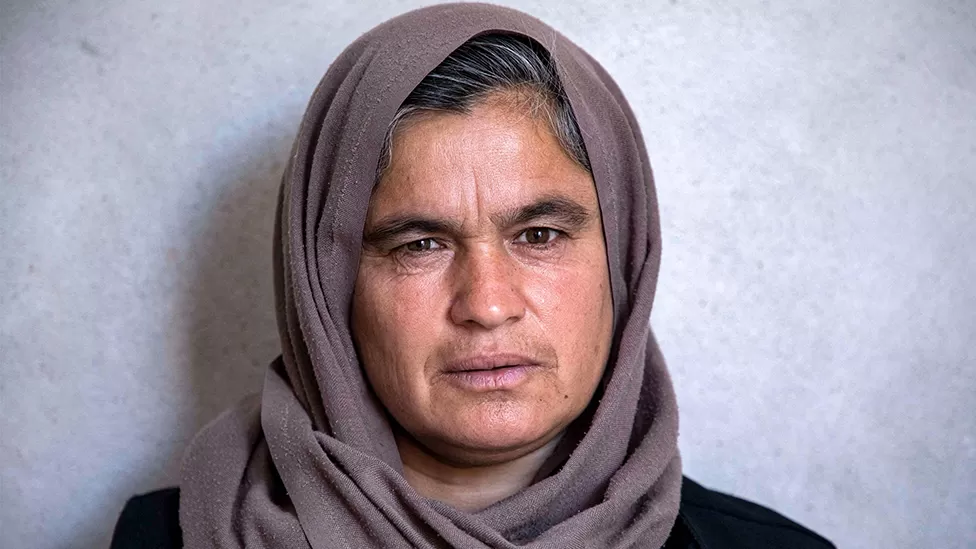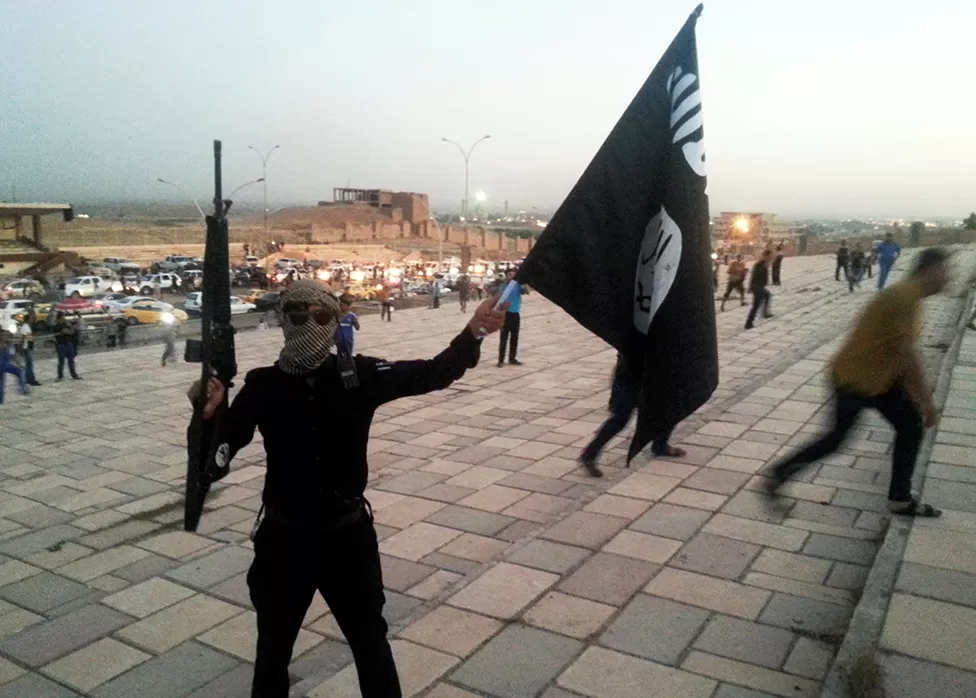Fighting to free the women and children enslaved by IS

Yazidi women and children were enslaved by the Islamic State (IS) group in Iraq and Syria in 2014. Yazidis launched a rescue effort almost immediately, but nearly a decade later, they have not succeeded.
The fifth time Bahar and her three children were sold was in November 2015.
A Yazidi woman taken prisoner by IS in Sinjar, northern Iraq, 18 months earlier, she was one of many Yazidi women taken prisoner. Since nearly 6,000 years, the Yazidi minority has lived in Iraq. They were considered infidels by the IS.
She had been separated from her husband and eldest son. A mass grave is what she believes they were buried in after being shot.
As Bahar recalls, she and her three other children were gathered in a room, crying out that they were going to be beheaded. However, they were being sold instead.
The horror began at that moment.
As the property of IS fighters, Bahar was forced to serve them. Her children were also beaten by their father, who acted like his wife whenever he wanted. She was smashed in the face by a rifle butt while one of her daughters was in the hospital.
The fourth “owner” of her was a Tunisian named Abu Khattab. In addition to staying at his home, he would also loan me out to two other IS bases to work as a cleaner. I was raped at all these locations.
There were constant air raids. IS fighters would run around, grab weapons, or hide from the bombing. Everything was chaos.

During a visit to Abu Khattab, Bahar and her children saw a white car with blacked-out windows pull up. A black driver with a long beard looked no different from many other IS fighters.
Once again, Bahar and her children were being sold. As a result of her overwhelming situation, Bahar screamed at the man to just kill her – she couldn’t take it anymore.
It wasn’t until what happened next that everything changed.
After driving off, the driver said, “I’m taking you somewhere else.” Bahar was confused and frantic. The driver stopped the car and called someone on the phone. The phone was then handed over to Bahar. Abu Shuja’s voice was heard, a man who is known for arranging the rescue of many women and children. It was now clear to her that the driver had bought her so she and her children could be rescued as well.
There was a construction site near Raqqa where Bahar was driven. She was dropped off and told that a man would come and say “Sayeed”. Taking her with him would be a good idea.
As it turned out, a motorbike arrived and someone uttered the word. After telling Bahar and her three children that they were in IS territory, he explained that if they asked them anything, they wouldn’t recognize her Yazidi accent.
